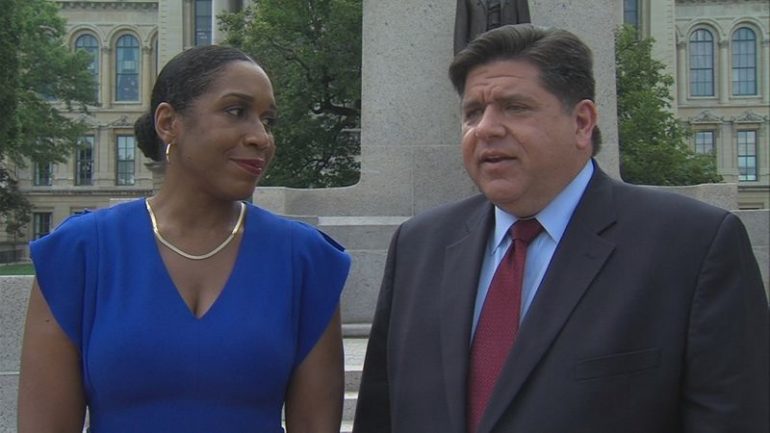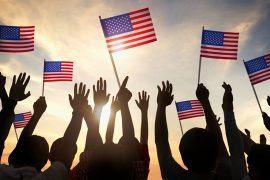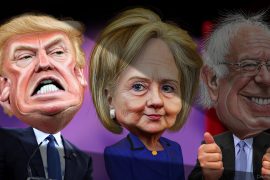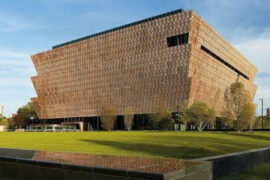The primary political races are over. The voters have spoken and now it is on to the general election in November.
So, who won? Those who really won, their names did not even appear on the ballot. The real winners are the television stations. The candidates run hot and heavy on TV, to the tune of tens of millions of dollars.
And Mr. Apathy won. Mr. Apathy is the one who didn’t go to the polls for a variety of reasons. Voter turnout was only 29 percent in the city of Chicago, and astonishingly, only 3 percent of millennials bothered to vote. Yes. Only 3 percent.
These days I hear far too many saying I don’t know who to vote for, not knowing what lying television commercial to believe or disbelieve, so no vote becomes the choice. I wonder with all of the negative campaigning if the public is not just worn out. Perhaps we need regulations in place.
So, can you buy a seat? The answer is yes you can. JB Pritzker won the Democratic nomination for Illinois governor with a whopping $70 million campaign in which money dropped strategically all over. Bruce Rauner retained his incumbency for now in the same way with about $50 million spent all over the place, mostly on negative commercials knocking several candidates.
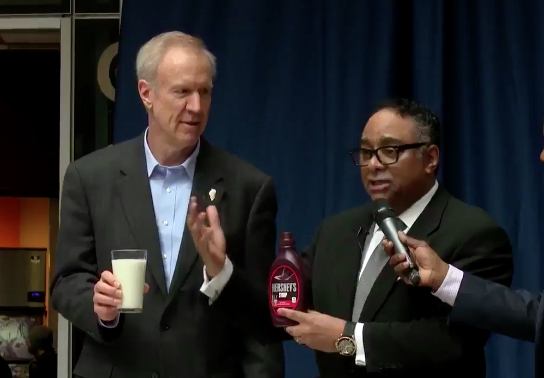
The governor’s seat in Illinois will be in the hands of a billionaire businessman or a multi-millionaire businessman. Is that good or bad? We will see, as billionaire Pritzker will probably take the oath in January 2019.
The Republican race was close, for awhile too close to call, but Rauner narrowly edged it out by 20,000 votes, so the real race now begins, with more dirty pool politics, a new burst of TV advertising and then some, and the political auction will pave the streets with money on both sides.
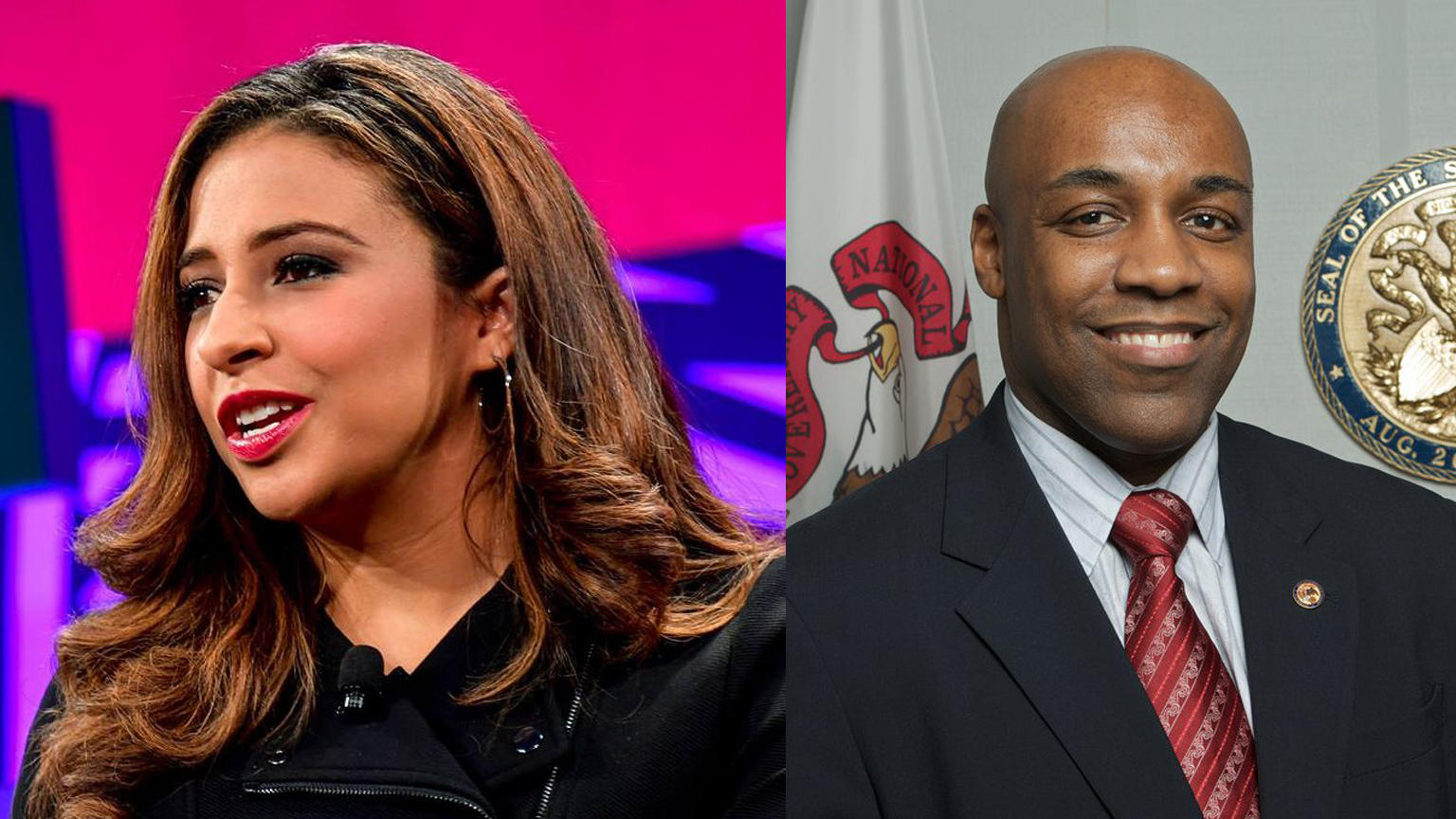
Kwame Raoul won the Attorney General race, following the political path of Barack Obama, whom he was picked to succeed in the State Senate. He went to the streets and he went downstate and met people heads up. He beat Pat Quinn by 35,000 votes.
Sharon Fairley ran a wonderful media campaign with newspaper endorsements from all, but did not necessarily connect with the people, as she got only 12 percent of the vote, compared to Kwame’s 30 percent. Pat Quinn had a fairly close 27 percent and ran a campaign based on his many years of being in politics, but probably this is his last race.
And now Raoul runs against Erika Harold, the Republican nominee who got almost 60 percent of her party’s vote, ensuring that the next Attorney General of Illinois will be African American, the first Black person to hold that office since Roland Burris.
Politics is no longer for the humble and the low budget. Money is real and those with it win.
The Other Races
The quiet political upset was the race with State Senator Burke and Aaron Ortiz in Illinois House First District. The Latinos exercised their voting power for one of their very own, as the incumbent Burke was defeated 54 percent to 46 percent.
In the Fifth House District, Ken Dunkin could not make a comeback after previously losing his seat to Juliana Stratton after he crossed Democratic Speaker of the House Mike Madigan. Dunkin finished third in a four-person race won by Lamont Robinson, who runs two Allstate insurance agencies, and by winning, became the first openly gay African-American state legislator in Illinois history.
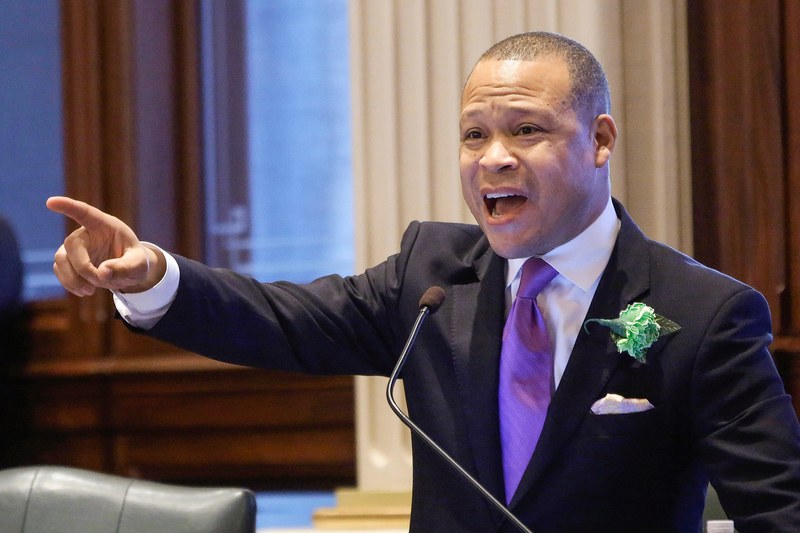
Toni Preckwinkle is a political pro. The soda tax debacle hurt her but did not kill her. She made the newcomers sit down and watch a pro at work, even with silly school marm charm commercials. That is who she is and apparently people love it, as she won her re-election bid over challenger Bob Fioretti.
Cook County Commissioner Richard Boykin suffered the wrath of Preckwinkle for challenging her tremendously unpopular soda tax and having designs on running against her as Cook County Board President. Preckwinkle, it is believed by some, backed a challenger to Boykin for his seat, which he lost by 200 votes.
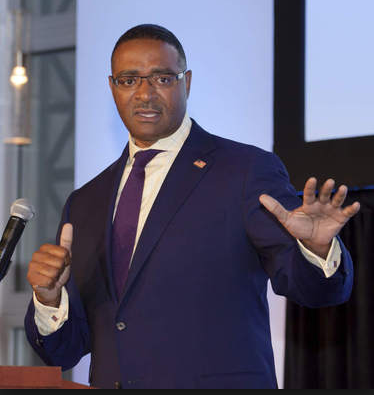
I thought Joseph Berrios would win for Cook County Assessor because of the same Democratic political machinery; however, the upset went to Fritz Kaegi and by a wide margin. Kind of hard to beat “rich people’s taxes are lower than poor people’s,” which was a staple under Berrios’ administration.
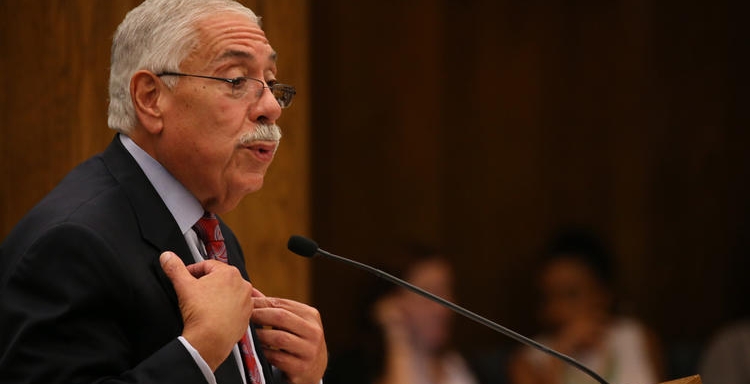
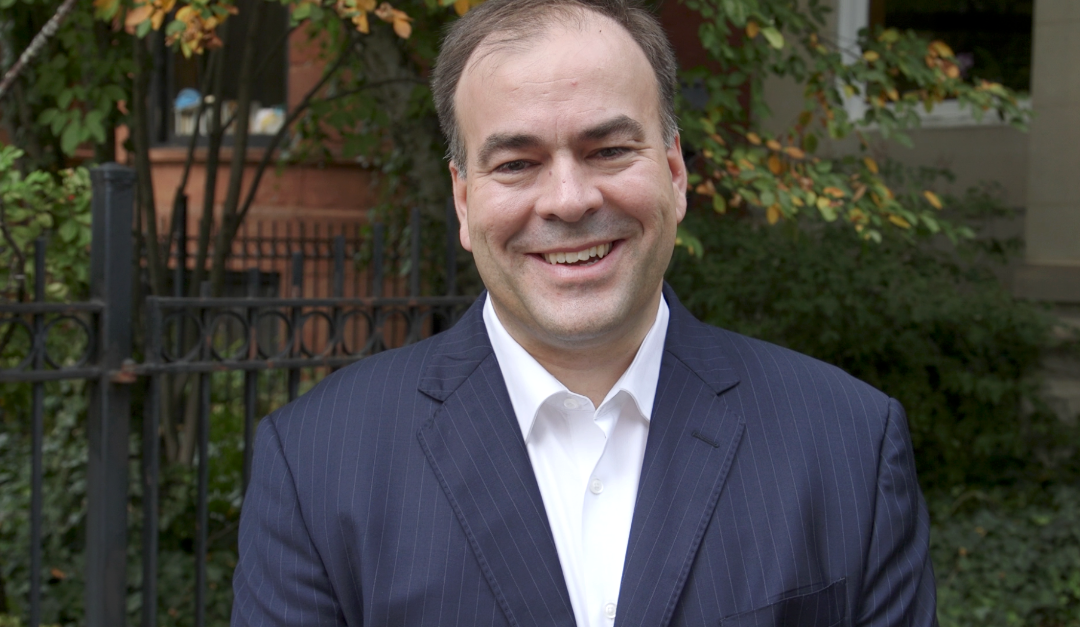
The world of campaigning has changed. TV commercials seem to rule the game, good bad or indifferent. The point is to show your face and state your name, as often as you can. The commercials becoming boring after a while and intrusive, to the point where you turn the TV off.
And social media is a new entity in the races. Both technologies shape your image and make your race. Politics is no longer for the humble and the low budget. Money is real and those with it win, because they can buy the media to play, to present messages and to project imagery.
But at the end of the day, the people must vote. I saw a lot of public forums this year. Public discussions took place to present candidates and their platforms. But to what avail? The populous is not voting. We are being ruled by a “minority” of voters. And the millennials that everyone is trying to reach are absent. They are not voting, for reasons unknown.
The game of politics has changed and big money counts. But in Chicago, it’s politics all the time and we are off to the next one. And the big one will be for Mayor of Chicago in 2019, after we have a newly seated governor. It’s already started, with former Chicago Police Supt. Garry McCarthy throwing his hat into the mayoral race to usurp the man who fired him, Rahm Emanuel.


